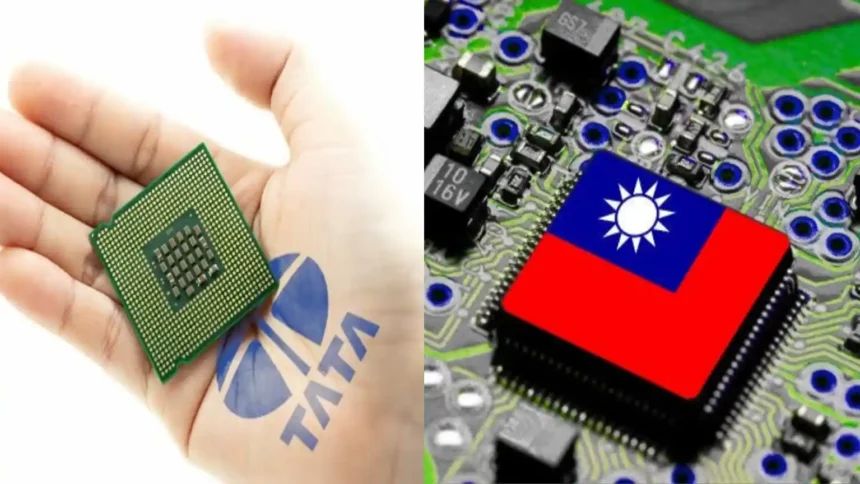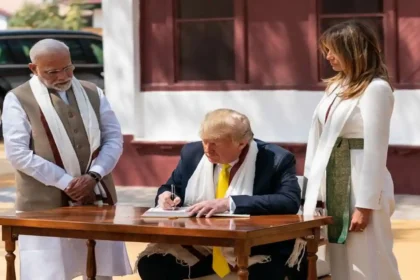Tata Electronics is going all out with a massive plan to kickstart India’s chip-making game, and they’re not messing around! They’re building two huge plants—one in Dholera, Gujarat, and another in Jagiroad, Assam. The Gujarat factory, a beast of a project costing ₹91,000 crore, is set to be India’s first AI-powered semiconductor fab. The Assam plant, at ₹27,000 crore, will focus on assembling and testing chips. To make this happen, Tata’s sending a ton of their people—around 200 employees—to Taiwan to train with their partner, Powerchip Semiconductor Manufacturing Corporation (PSMC). This is all about getting the crew ready to run these high-tech plants, which are expected to start cranking out chips by late 2026 for Dholera and mid-2025 for Assam.
The Taiwan training is super important because India’s still figuring out this whole chip-making thing. There aren’t many folks here who know how to handle the crazy complex tech needed for semiconductors, so Tata’s stepping up. They’re sending a mix of young grads fresh from college and some employees with a bit of industry know-how. These guys are learning the real stuff—how to operate equipment, make chips better, and nail the tech behind production. They’re going in groups of 50 to 75 at a time, each batch focusing on different roles like process engineers or quality control experts. One insider spilled that finding skilled people is the toughest part, so Tata’s pulling out all the stops to build a solid team.
The training’s hands-on, and it’s not just a quick trip. The employees are diving deep into how PSMC runs their factories, picking up skills India needs to compete globally. Tata’s also hiring big names from top chip companies like Intel, GlobalFoundries, and TSMC to lead the project back home. These pros are helping set up the plants and guide the newbies. The goal? Make sure the Dholera and Assam factories can produce high-quality chips for things like smartphones, cars, and AI gadgets. The Gujarat fab will start with 28-nanometer chips, with plans to scale up to more advanced ones later.
The Dholera plant’s expected to create over 20,000 jobs, both direct and indirect, while the Assam one could bring in around 27,000. That’s a huge deal for local communities, especially in areas that don’t see much high-tech action. People on X are hyped, with posts calling Tata’s move a “proud moment” for India. Some are even dreaming of the day India takes on chip giants like Taiwan and South Korea. But not everyone’s all smiles—some folks online are worried about whether Tata can pull it off, given how tough the chip industry is and how much cash it takes to compete.
For now, Tata’s focused on getting their people ready. More batches are headed to Taiwan soon, and the company’s working hard to build a pipeline of talent. They’re also teaming up with schools like IITs and NITs to train future chip experts. The Assam plant’s already started hiring locals for entry-level roles, giving young folks a shot at high-tech careers. Tata’s betting big on these projects to make India a player in the global chip race, and with chips being super critical for everything from phones to electric cars, the stakes are sky-high.
The buzz around Tata’s semiconductor push is growing, and the Taiwan training’s just the start. If all goes well, these plants could put India on the map as a tech powerhouse. For now, the team’s soaking up knowledge overseas, ready to bring it back and fire up India’s chip revolution.







